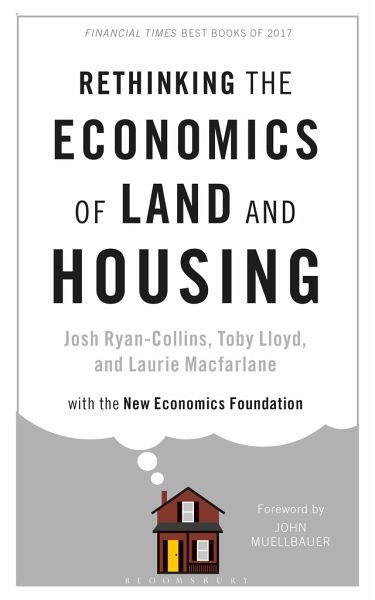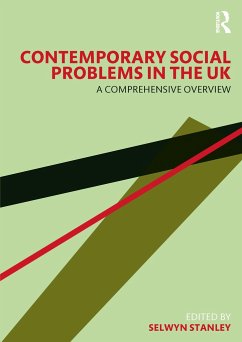
Rethinking the Economics of Land and Housing
Versandkostenfrei!
Sofort lieferbar
14,99 €
inkl. MwSt.

PAYBACK Punkte
7 °P sammeln!
Why are house prices in many advanced economies rising faster than incomes? Why isn't land and location taught or seen as important in modern economics? What is the relationship between the financial system and land? In this accessible but provocative guide to the economics of land and housing, the authors reveal how many of the key challenges facing modern economies - including housing crises, financial instability and growing inequalities - are intimately tied to the land economy. Looking at the ways in which discussions of land have been routinely excluded from both housing policy and econo...
Why are house prices in many advanced economies rising faster than incomes? Why isn't land and location taught or seen as important in modern economics? What is the relationship between the financial system and land? In this accessible but provocative guide to the economics of land and housing, the authors reveal how many of the key challenges facing modern economies - including housing crises, financial instability and growing inequalities - are intimately tied to the land economy. Looking at the ways in which discussions of land have been routinely excluded from both housing policy and economic theory, the authors show that in order to tackle these increasingly pressing issues a major rethink by both politicians and economists is required.












